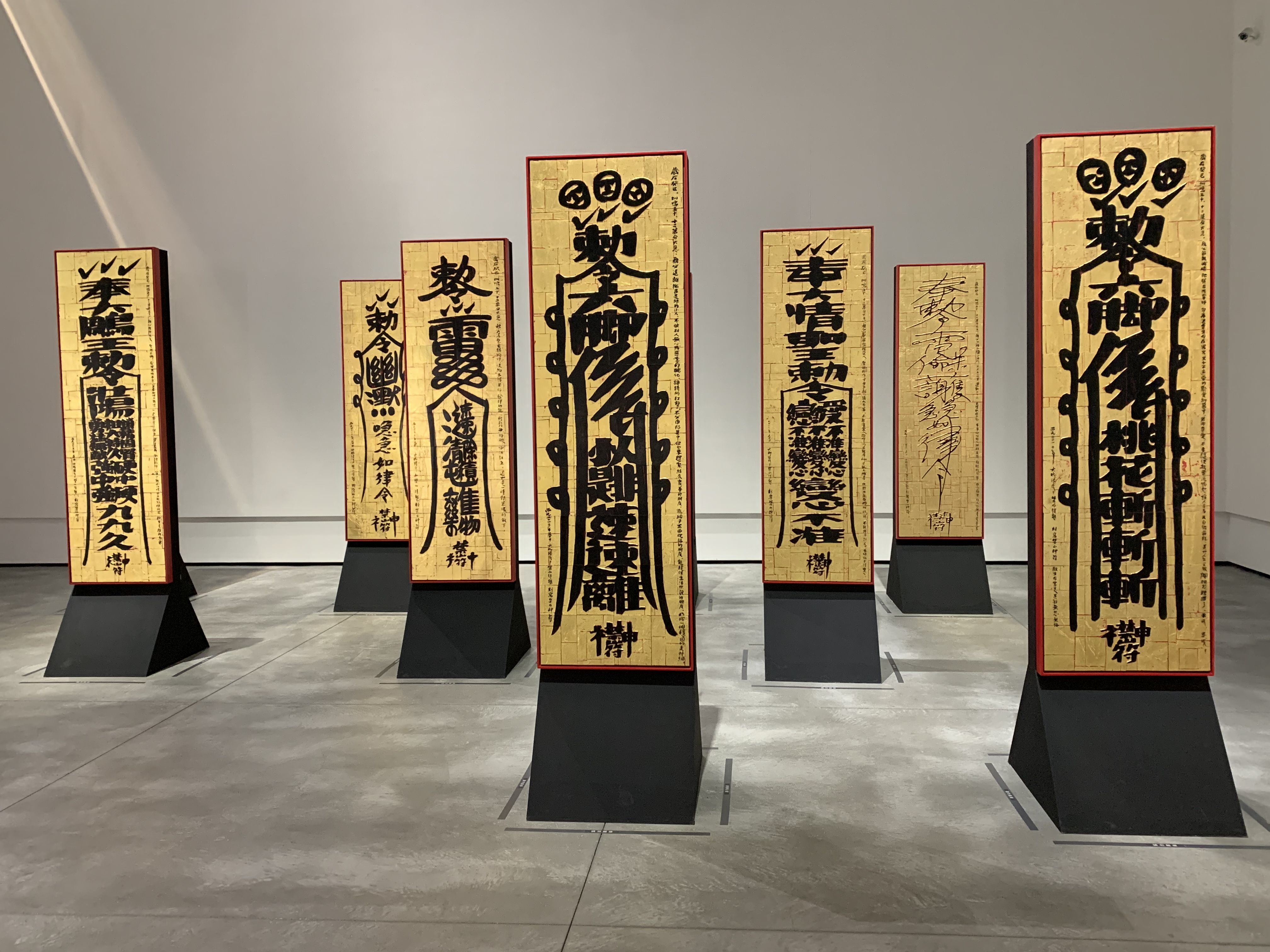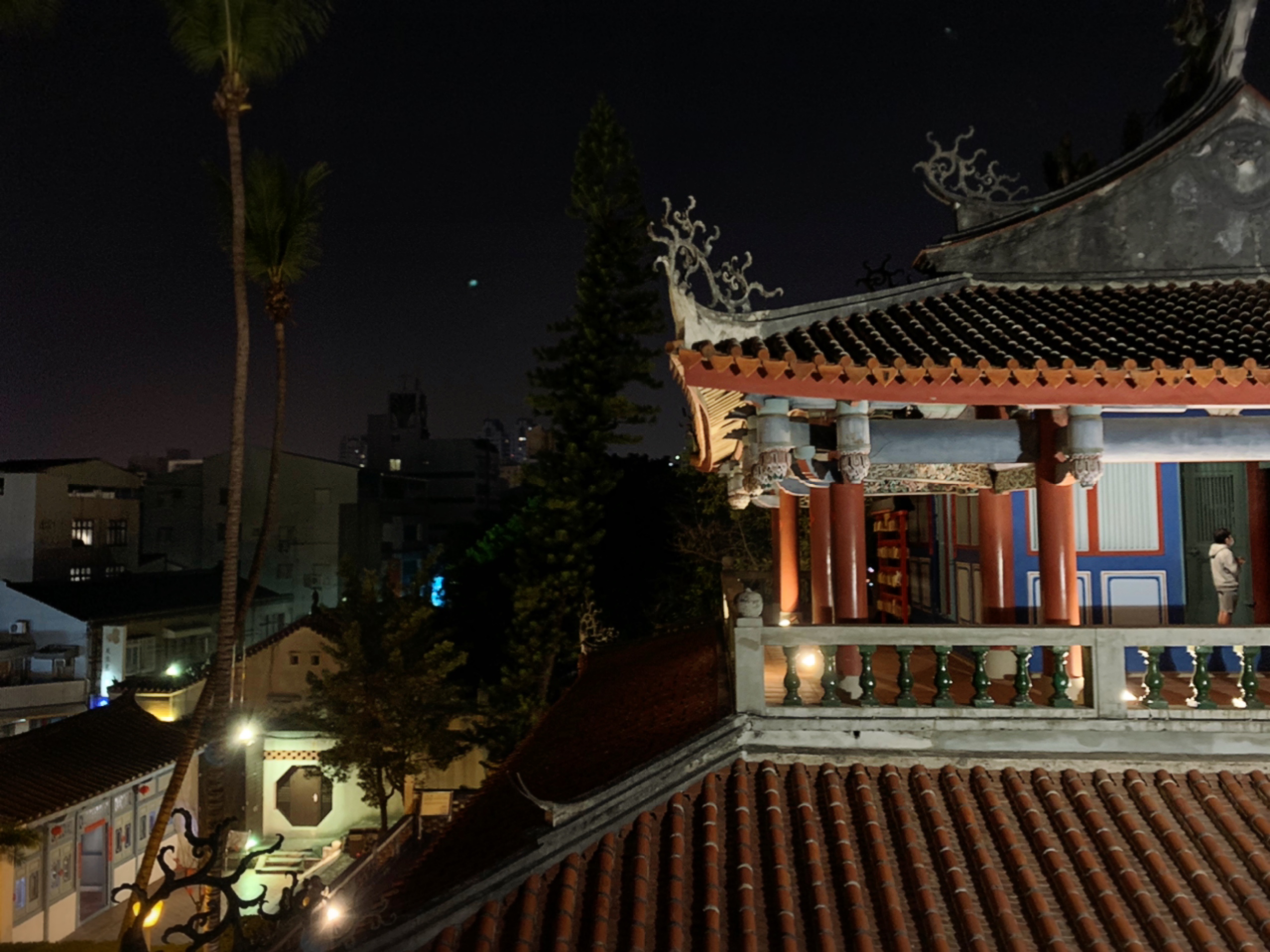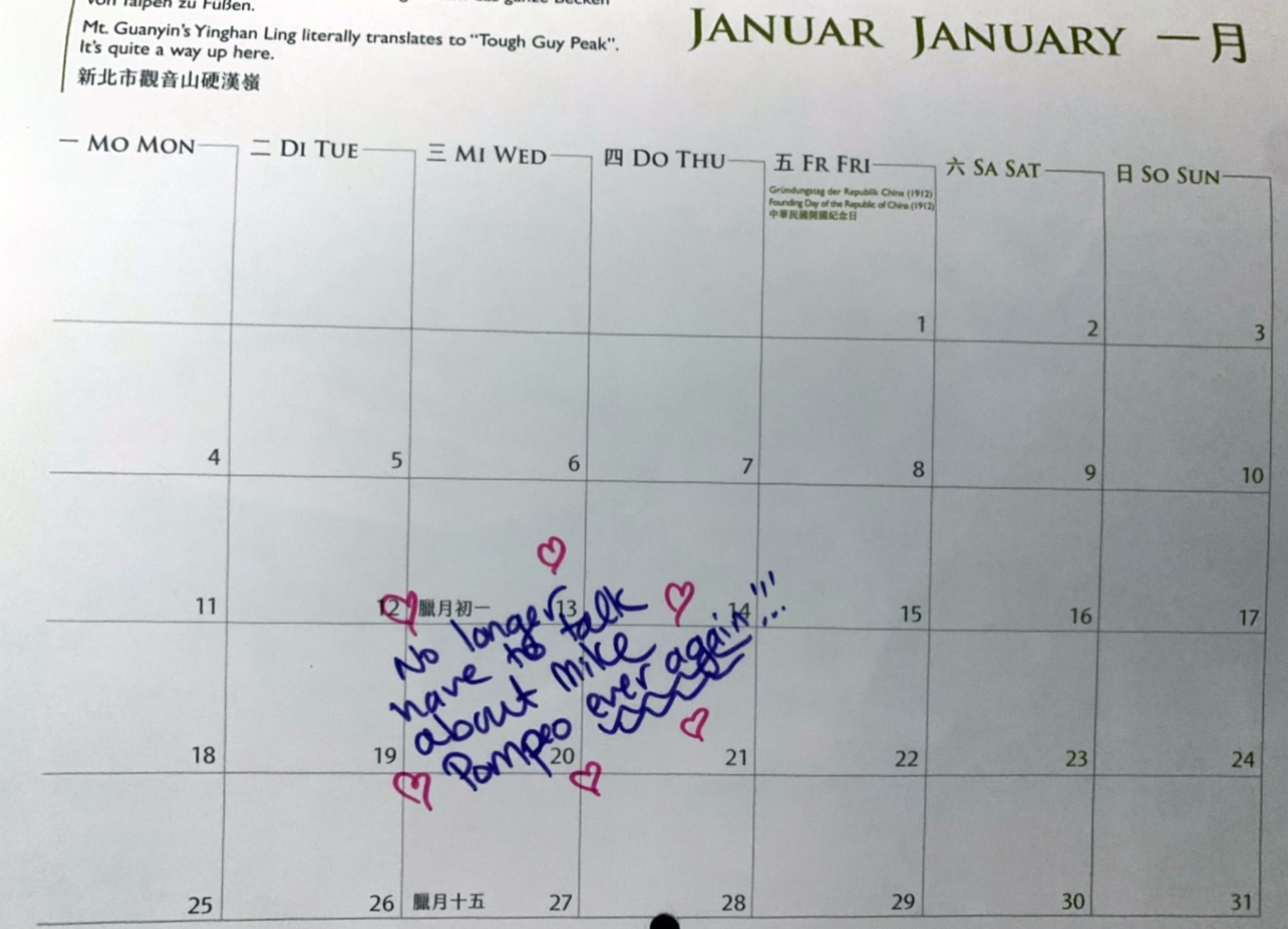
Regardless of what the future holds, preparedness is smarter than complacency.
There's been renewed interest recently in the question of whether China will invade Taiwan. That's not particularly interesting in itself; this debate pops up every few years, people duke it out, and we go back to living our lives. But what has caught my eye is how binary the whole conversation seems to be: either China will invade or it won't.
I wince at this rhetoric, even if on that spectrum I fall closer to the will end than the won't. I also see that the wills are, in fact, talking more about likelihood and preparedness than actually beating the war drum. The wont's seem to think the situation is concerning but ultimately not dire, and more a projection of US fear than reality.
So, it also worries me that the won'ts seem to be getting more press and are painting the wills as warmongers who think Chinese boats are coming next week, when they're not and they don't. I don't think the two sides are equally problematic, to be honest.
Regardless, the whole debate is pointless.
Both sides seem to think the other is doing Beijing's work for it. "Stop fearmongering that an invasion is coming because Beijing's entire goal is to drum up just that fear" and "failing to take Beijing seriously just helps them prepare for an invasion while we're all on a picnic" lines are two sides of the same coin.
But there are a whole host of more important issues that more people should be taking seriously outside that binary.
Worry more about the overall likelihood than the timeline
First, that China probably is intending to invade -- not tomorrow, next week or even next year, but someday and likely within our lifetimes. The reason why there's so much uncertainty is that not even they are sure when it will happen. There is active intentionality if not a clear timeline, and they'll do it whenever they feel they need to, and think they can.
It's likely that China is intending to subjugate Taiwan but is planning on mostly unconventional warfare: through cyber-attacks aimed at destabilizing the government and economy. The painful truth is that they're already behind most current attacks, so there's ample evidence they will continue and even escalate in the future.
The 'now' matters more than hypotheticals
It doesn't matter whether China is actively planning an invasion with a clear timeline and capacity agenda. They are engaged in massive military buildup, aggression in the South China Sea and towards Taiwan. Therefore the will they/won't they talk is pointless: we should take their current actions seriously in their own right. Their future plans matter less than the fact that they are a bully now, they are aggressive now, and they are trying to claim the world hegemony title now.
And if you hate US hegemony, oh boy wait 'till you see what China as top dog would be like.
Therefore, whether China actually invades or not, Taiwan and its allies need to be very clear that any attempt to invade will be catastrophic. The only way we can be fairly sure they won't is through deterrence. This means not undermining Taiwan's confidence in itself -- for deterrence to be successful, there needs to be a clear willingness to fight back. It also means ensuring that Taiwan is valuable enough to the world that others will come to its assistance.
Military invasion may be a future issue, but the increase in military aggression, the cyberattacks noted above and some very serious espionage cases that in at least one instance posed a direct threat to President Tsai's life are all pressing issues now.
but China's ability to terrify enough Taiwanese voters and possible international allies into going against their own interests is an issue now. This is where you get weird outcomes like voting against asking the IOC to let Taiwan compete as "Taiwan" even though no one likes "Chinese Taipei", blaming Taiwan for the end of Chinese tourism even though that was Beijing's decision, or turning the whole issue around and pointing at the DPP as troublemakers "angering" China when in fact China's the one choosing to throw strategic fits.
Invasion or not, China is still a huge problem
The main issue isn't necessarily figuring out how active China's invasion plans are, but that we have no idea because nobody knows anything about China. The lack of transparency, in and of itself, is reason enough to be concerned. In countries with deep systemic issues (which is all of them) the key difference is whether we know about them or not. In more transparent societies, the issues are known, debated, protested, and although it's an agonizingly slow process with almost as many steps back as forward, the tools exist to shed light on problems and work to solve them. None of that exists in China, so rather than worry about "what they're going to do", we should simply be worried about the fact that we can't possibly know.
Incidentally, you can tell that this is the case because there are still ignorant people out there who deny the existence of the Uyghur genocide, but nobody denies the existence of the situation at the US border. The closest we get are Republicans who acknowledge the situation but don't think it's a problem. This is because we have the tools to quickly and accurately know what's happening at the US border; uncovering genocide in East Turkestan has required more digging.
Whether China 'can' invade is not the point
It doesn't matter whether an invasion of Taiwan is a good idea, or whether China has the capacity to follow through.
As a friend said on Twitter, Xi Jinping is clearly high on his own supply, and that makes Supreme Leader Winnie the Pooh a bad news bear indeed. And when you get someone that cracked up at the top, with that much power, you get situations where subordinates who know better will still say and do what they need to (literally) keep their heads from rolling. That could mean an ill-advised invasion of Taiwan, and the "when" and "if" matter less than the fact that the conditions are there, and they are roiling.
On a related, terrifying note: it may be currently to Taiwan's benefit that China keeps misjudging how its actions will be received, such as the pineapple import ban or the end of Chinese tourism in Taiwan. However, that China doesn't seem to be aware, or to care, how its actions reverberate -- they genuinely don't seem to understand how deep Taiwanese identity runs, for instance -- means that they don't care about international reactions and may be badly misjudging how quickly they can subjugate Taiwanese people. That's what happens when you smoke your own crack, and don't think this scenario hasn't played out before.
Tellingly, China doesn't care what the world thinks. Its "wolf warriors" exist to pump up nationalist sentiment among Chinese citizens; they were never to convince anyone else of China's rightness. It makes deflated attempts at soft power, but they aren't very good because the people at the top don't care much if they fall flat. The shitty rap videos don't need to be good; the people who finance them just need to report that they exist.
And if a country has a leader whose lackeys will do anything to please him and doesn't care what anyone else thinks, then the will they/won't they talk on invading Taiwan is completely pointless.
Why? Because that situation is scary right now.
When someone tells you who they are...
What does all this mean? Frankly, whether or not China has concrete plans to invade matter less than their signaling a clear intention to do so at some point. That signal is being sent now, so we should take it seriously...now.
These are all things we should be more worried about than a will or a won't -- a binary question better suited to a sitcom romance. But the fact is that these simplified perspectives generate good headlines that publications love to run.
I said in the beginning that I lean more on the will than the won't side, however. Let me offer an explanation. You know that old saying -- when someone tells you who they are, believe them?
China is telling us who they are. There is plenty of evidence that they're willing to fight a war to subjugate Taiwan; the CCP has literally said exactly that. There is nothing underpinning the claim that it's mostly hot air; the best one can do is show that it might not happen particularly soon. Yet even that is unclear.
So it makes sense to take China at their word. It makes sense to talk about Taiwan's willingness to fight. We should be preparing for all of this -- and for any and all contingencies. Preparing sends a signal which may or may not act as a deterrent, and also ensures that, well, we are prepared. Whether China will or won't invade matters less than the fact that it's still a threat, and the answer to that is never complacency.
I'm not worried that a harder line will simply inflame them more. They're already planning for this. They won't attack because they've been provoked; they'll attack because they want to and think they can.
And it's not necessary to be a will to believe Taiwan should be prepared. All you need to understand is that China is scary now, and that's a clear and present danger in its own right.
The wills hope they're wrong
I understand the desire not to buy any of this, however. One sleeps easier at night thinking it's not a real danger. It gives one room to say that we should focus entirely on domestic issues (a position I'd love to agree with, but cannot -- China isn't the only issue but right now, it's still the primary one).
It allows one to ignore all of the ways listed above, short of outright invasion, in which China is still a threat. That means not having to deal with complexity. So tempting! It means not having to wrestle with the righteousness of fighting for Taiwan for its own sake, versus the fact that the world doesn't have a great track record of getting involved in virtuous fights and Taiwan will indeed need to make itself valuable to the world if the world is going to support it. That feels gross; it feels realpolitik. It's hard to merge it with one's ideals. I've struggled with it too.
And, of course the won'ts have every reason to desire that their predictions be correct. The wills very much hope they are wrong.
It doesn't matter, though. Will or won't matter less than intention, and I don't have to believe that China will invade to believe that we should understand their intentions. The future matters, but not as much as the present. They matter less than all of the horrible things the CCP stands for and the fact that Beijing is an enemy we don't and can't understand: they are intentionally opaque.
The CCP is a threat now. They are engaging in aggression and espionage that threaten the core of Taiwan's democracy now, and their crackpottery and opacity are creating problems now.
They've told us who they are. We should believe them.






